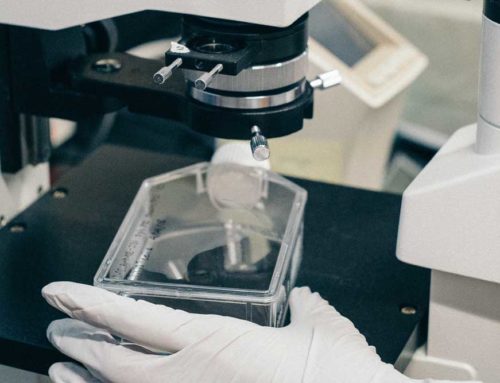Biomarkers of Systemic Inflammation in Alcohol Use Disorder
2022 Award: $98,500
Studies of post-mortem brains of people who suffered from Alcohol Use Disorders show abnormal activation of inflammatory immune signals that are proposed to underlie addiction to alcohol. We propose to determine if serum levels of inflammatory markers are biomarkers of excessive alcohol drinking. Such a biomarker could provide a useful diagnostic tool and indicate if patients might respond to novel treatments that inhibit the same inflammatory pathways. We will test this idea in men and women who meet criteria for AUD in hopes of discovering a biomarker of AUD drinking severity and to facilitate study of new ways to treat alcohol use disorders.
Need/Problem: The burden of alcohol use disorders (AUDs) in our society is greater than any other addictive drug, but, there is no reliable diagnostic biomarker of heavy drinking or AUD severity.
Grant Summary: We will develop a biomarker assay of innate inflammation in macrophages of non-treatment seeking heavy drinkers who meet AUD criteria compared to light drinkers and determine if allopregnanolone can inhibit the inflammatory signals or sensitivity to pathogens in macrophages from these subjects.
Goals and Projected Outcomes: We predict that markers of inflammatory signaling will be present in blood plasma of AUD+ heavy drinkers, but not in light drinkers. We further predict the inflammatory signals in the blood will be inhibited by allopregnanolone ex vivo and there will be a negative correlation between the presence of inflammatory markers and allopregnanolone in blood of all subjects. These results may establish novel biomarkers of AUD severity that could potentially be used to identify patients who would respond to anti-inflammatory medications, including allopregnanolone.

A. Leslie Morrow, PhD
Grant Details: Participants will complete a baseline interview and questionnaires to characterize AUD status and recent drinking history. Blood will be drawn in the morning and immediately transferred to the Morrow lab to determine plasma markers of pro-inflammatory and anti-inflammatory neuroimmune signaling. The following neuroimmune markers will be measured MCP-1, CXCL10, TNF-a, IL-1b, IL-6, HMGB1, TRAIL, IL10 and CX3CL1. Macrophage immune response will be determined by exposure to lipopolysaccharide or imiquimod to activate the TLR4 and TLR7 inflammatory pathways. We will further determine if allopregnanolone alters the macrophage immune response to these pathogens. Inflammatory vs. anti-inflammatory markers, the macrophage pathogen response and allopregnanolone serum levels will be assessed following blood collection and compared across AUD and light drinker groups to ascertain biomarkers related to drinking severity in subjects who meet criteria for AUD.



